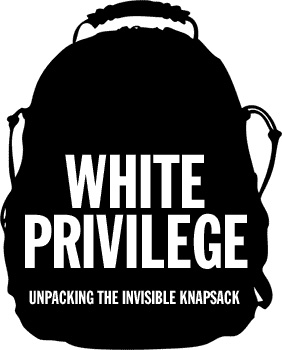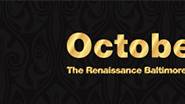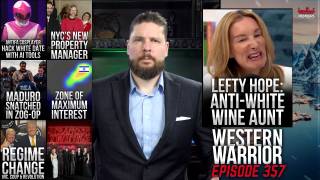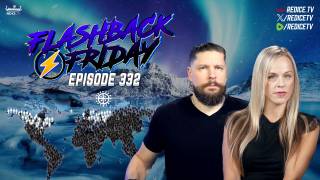"Interrupting Whiteness": National Education Conference to Blame White Teachers and Students for School Woes
Source: pjmedia.com
 Obama wanted "a national conversation on race." This conference is what he meant: "interrupting whiteness" in American schools, "challenging white supremacy," and eliminating the "white privilege" of Caucasian students.
Obama wanted "a national conversation on race." This conference is what he meant: "interrupting whiteness" in American schools, "challenging white supremacy," and eliminating the "white privilege" of Caucasian students.A major national conference for teachers and school administrators starting on Saturday, October 10, in Baltimore will focus exclusively on race and racism, featuring workshops on “interrupting whiteness” in American schools, the “dominance of White supremacy” in society, “White privilege” enjoyed by Caucasian students, “white domination of thought,” and how to “decenter whiteness.”
More: Portland State course aims to "make whiteness strange"
The conference, officially titled The National Summit for Courageous Conversation 2015, is organized by the Pacific Educational Group (PEG), a large and influential consulting firm hired by hundreds of school districts nationwide — often under pressure from the federal government — to address “racial gaps” in scholastic performance and behavior problems in the classroom.

But don’t take my word for it.
Below are excerpts taken from the official program of the upcoming National Summit for Courageous Conversation 2015, as well as examples taken from earlier Summits in 2014 and 2011, accompanied by direct screenshots of the text as it appears in the programs. You can confirm this by viewing the official 2015 program itself as uploaded by Pacific Educational Group, as well as pdfs of the 2014 Summit program and the 2011 program still archived at the Summit’s own Web site.
This first example is a prototypical workshop at the National Summit for Courageous Conversation; is this the kind of race-obsessed confrontational philosophy that should be guiding instruction and curricula in the nation’s public schools?
White Privilege, White Responsibility: Deepening Our Commitment as White Allies in the Struggle for Racial Equity in SchoolsThe program descriptions, as you can see, are composed almost entirely of academic jargon which intentionally obfuscates the text’s meaning. I’ve added occasional clarifications between excerpts, deconstructing the jargon into plain language — though in most cases the true nature of each workshop shines through the euphemistic terminology on its own, and needs no illumination.
To achieve racial equity in schools, all educators must be able to identify and communicate where their own personal whiteness plays out in classroom, school, and community systems. Deepen your ability to focus a critical lens on your own whiteness and privilege and see how they impact your life. Through the tenets of Critical Race Theory, analyze how society constructs whiteness as the dominant norm in the U.S. Explore what it means to be a white educator leading for racial equity without perpetuating a system of white dominance.
Groups such as PEG which offer their services to school districts usually portray their programs as simply a way to boost the self-image of black students, to hopefully improve their academic scores and lessen disruptive behavior. And if PEG had kept its goal to nothing more than that, then there would likely not be any controversy. But, as this next workshop reveals, PEG has crossed way, way over the line from boosting the esteem of black students to instead intentionally tearing down the esteem of white students:
It Ain’t H1N1, But It’s Just as Deadly: The Negative Effects of White Privilege for People of ColorRead the rest at pjmedia.com
Explore the realities of white privilege and the deep wounds that many people of color have felt due to this ugly reality. Hear historical perspectives and learn how the evolution of white privilege has been parented by white supremacy, racism, and institutional racism from the past to the present. Take a different look at white privilege and consider how many people of color have been conditioned to believe that they shouldn’t be afforded the privilege that white folks receive, which gives white privilege the power to positively affect many white people and negatively affect all people. Engage in this challenging opportunity to examine yourself critically and to look at the effects that white privilege has had on society and communities of color.






















